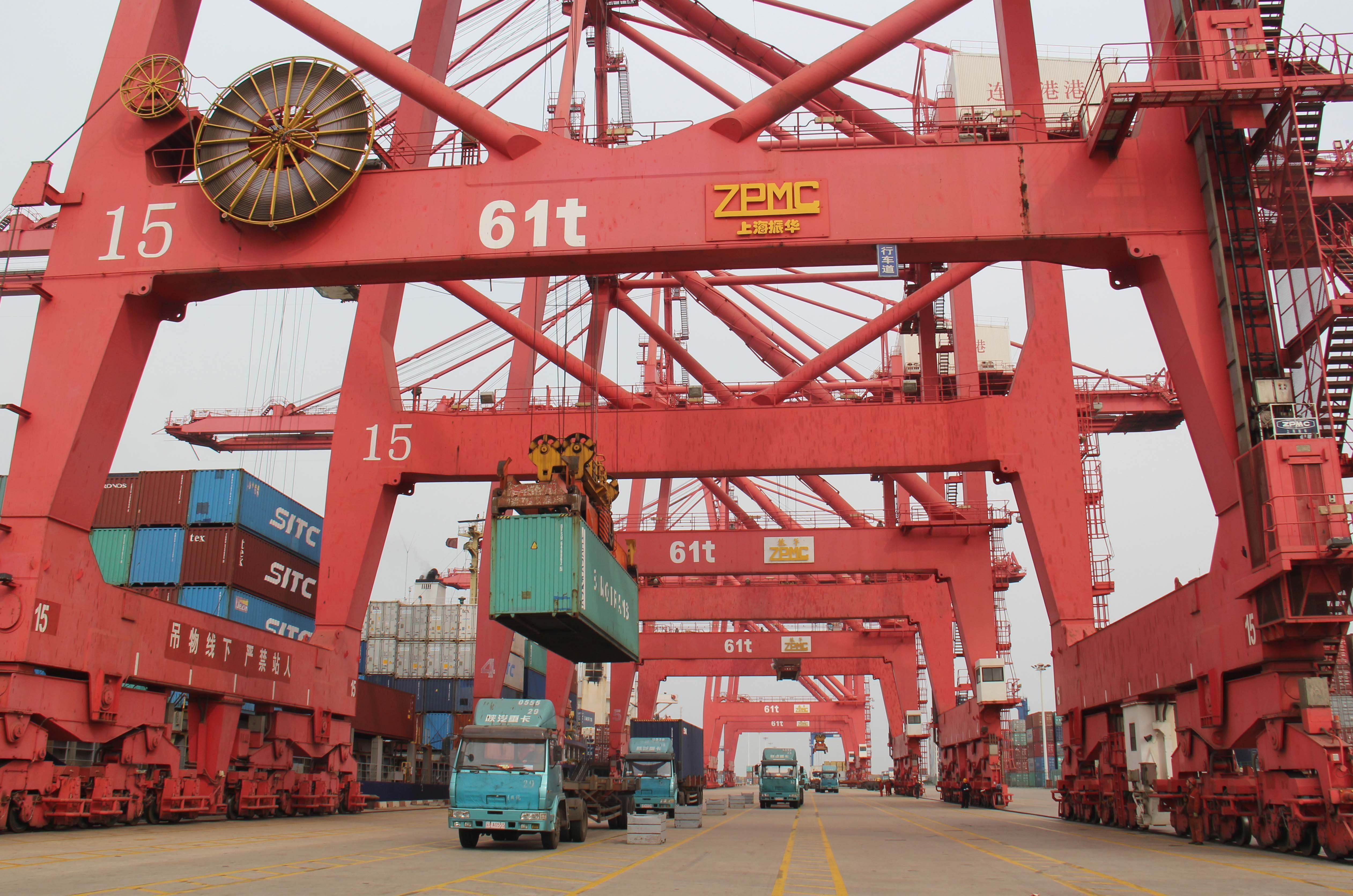7: It’s not all bad for Beijing though. Chinese tech giant Huawei’s new smartphone has everyone from Silicon Valley to the White House asking: how’d they do that? That’s because it runs on a cutting edge 7-nanometer thick microchip. But last year the US slapped trade restrictions on China that were meant to stop Beijing from being able to make precisely this kind of advance in microchips. Experts say it’s too soon to tell whether China can sustainably mass produce the 7nm chips, but the fact they can make them at all is a blow to the Biden Administration’s China policy.
98: What’s the air like in Europe these days? Not as good as you might think. New satellite data show that 98% of the EU’s population lives in places where air pollution levels exceed the WHO’s recommended limits. The findings come as the European Parliament prepares to vote on new air quality rules.
53: What keeps Russians up at night? A new poll by the independent Levada Center shows that the top concern is inflation, with 53% of respondents upset about price growth. Corruption and the war in Ukraine tied for second at 29% apiece. In dead last place, with just 3%, was “human rights.” Can polling in Russia be trusted? We answered that here.
100: On the 100th day of Nigerian President Bola Tinubu’s term, an appeals court struck down the opposition’s challenges to the legitimacy of the election that put him in power. Tinubu has moved fast early in his tenure, slashing fuel subsidies and imposing economic reforms that have boosted investor confidence but hurt ordinary Nigerians struggling with sky-high fuel prices.
More For You
Welcome to the Jungle
Most Popular
Think you know what's going on around the world? Here's your chance to prove it.
Three years ago today, supporters of former Brazilian President Jair Bolsonaro stormed Congress and other buildings in Brasília. With Bolsonaro in jail, though, and the election coming in October, his successor as leader of Brazil’s right is unclear.
